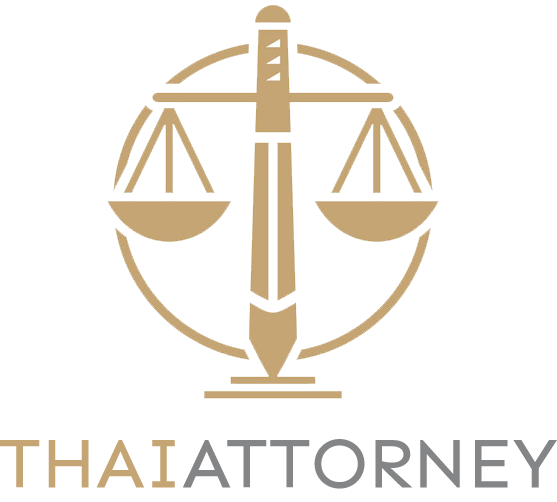The US-Thai Treaty of Amity, also known as the “Amity” Treaty, is a vital tool for fostering trade and economic cooperation between the United States and Thailand. It allows for American citizens to incorporate Thai companies with a majority of American shareholders and engage in a wide range of business activities.
National Treatment
The US-Thai Treaty of Amity (often abbreviated to simply the Treaty) allows Americans to retain majority ownership and full control of a Thailand company while also receiving “national treatment.” This allows a Treaty of Amity company to engage in all of the same business activities that Thai companies can, although they are restricted from many service sectors.
To qualify for the protection offered by the Treaty of Amity, prospective American investors must first provide a notarized copy of their passport or birth certificate to prove they are U.S. citizens and then apply to the Commercial Service office at the Embassy for certification. The company must then apply for a Foreign Business Certificate (although non-US authorized directors can co-sign the application with a US director, it still requires a US authorized signatory to bind the company).
While the Treaty protects against property appropriation, Thailand does reserve the right to confiscate private properties in the event of public benefit. While the Treaty does not prevent this, the US-Thai FTA being negotiated should allow for some relief in this area.
Preferential Treatment for Thai Businessmen
As a consequence of the Treaty, US-Thai businessmen are not subject to the same investment restrictions as foreign investors. Their profits may be freely remitted to Thailand and their assets cannot be expropriated. Furthermore, the US Congress may not enact laws discriminating against them.
American companies that are majority owned by Thai citizens have the right to operate their businesses in Thailand without obtaining a Foreign Business License (FBL). However, they are restricted from engaging in certain types of activities such as domestic trade in agricultural products and land and natural resources exploitation.
In terms of negotiation styles, Thais tend to view the process as a mutual problem-solving effort and are open to compromising when viewed as helpful. They expect long-term commitments from their counterparts and seek to build harmonious relationships. In addition, working with a team of negotiators may speed up the process. In contrast, negotiating with an individual can take much longer. Our firm has extensive experience in preparing applications for US-Thai Treaty of Amity status and FBLs.
Prevents Expropriation of Assets
The treaty prevents the Thai government from expropriating assets of Amity companies. This is one of the key advantages the treaty offers. Although private property may be confiscated for public purposes, this must follow a process of due compensation and can only take place after the company has been notified by the government. The US-Thai treaty also prohibits the government from discriminating against Amity businesses. This is important in the event of a dispute between the government and a US-Thai company.
To qualify for the protections of the treaty a US-based company must have a majority of American shareholders and be registered as an Amity Treaty company in Thailand. This requires that certain documents be certified by the Commercial Services office at the US Embassy in Bangkok. It’s important to have professional help with this step, as it can be time consuming. Additionally, Amity Treaty companies must operate under a foreign business license and can have more restrictions than non-Amity companies.
Requirements
Many American businessmen are not aware that their companies can be protected under the US-Thai Treaty of Amity. When a Company meets the criteria to be an Amity Treaty company (over 50% of its Directors are American citizens) it will receive National Treatment in Thailand. This means that the profits of the Company may be remitted to Thailand without restriction and their assets cannot be expropriated.
To be a qualified Amity Treaty company the Company must submit original copies of the following documentation to the Commercial Service office at the US Embassy in Bangkok:
In addition to this, the Company must register with the Department of Foreign Affairs in order to receive its official recognition as an Amity treaty company. This will include the registered address of the company, its authorized capital and the number of shareholders and their nationalities. The application also must include a letter from the Commercial Service office stating that a majority of its directors are American citizens.

